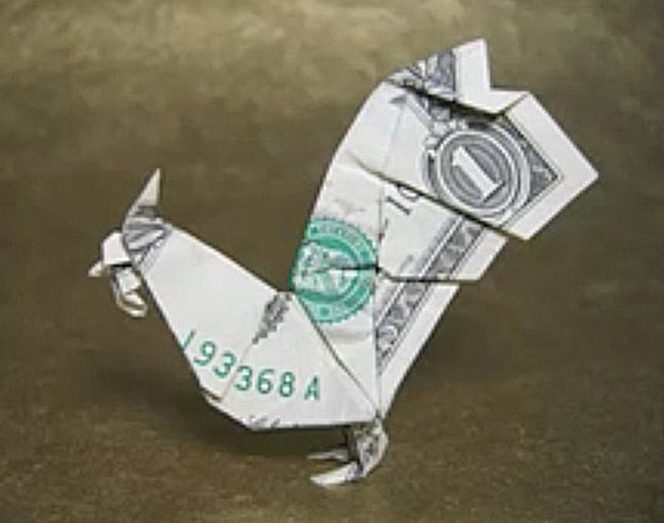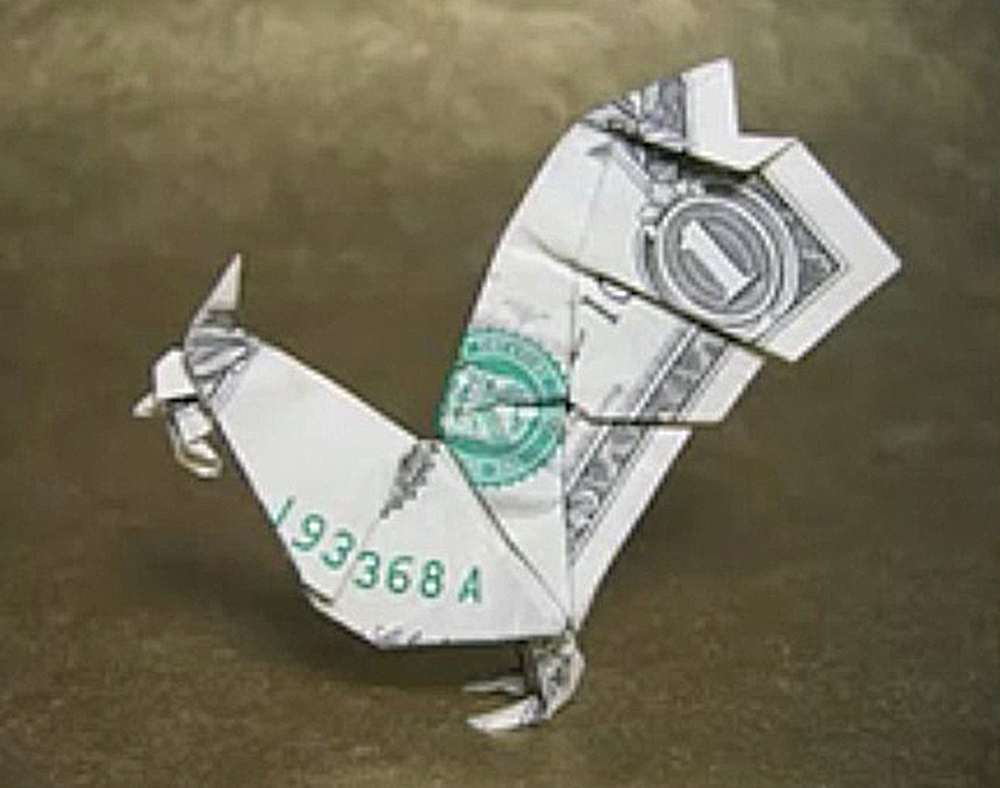Maureen Breen is president of Philadelphia Backyard Chickens and an advocate for feeding food scraps to chickens. She also has been working on regulatory changes in Philadelphia in order to allow for the urban chickens (prohibited at this time). Breen recently completed her doctoral work where she did an economic and environmental analysis of a municipal program that includes backyard chickens as an option to manage household food scraps. The research was both technical and public policy in nature, focusing on municipal economic incentive programs and measuring the amount of food scraps chickens can divert from the landfill. The City of Austin (TX) program, which provides $75 rebates to households that install chicken coops for backyard chickens, was used as a baseline. Here are a few of Breen’s findings:

Image courtesy of Philadelphia Backyard Chickens
• Using Austin data, Breen assumed the following to derive her economic data: $163/ton to manage MSW; Program cost of $75/household; Length of program 10 years (the average life of a chicken); and Municipal bond discount rate of 3.4%.
• Financial results using those assumptions: Payback period of 2.8 years; Net present value of $151 for a household with a flock of four hens based on Austin’s program and costs; 34% internal rate of return; Profitability index of 3.0.
Breen recorded a video of her findings, which explains how these numbers are derived and includes a sensitivity analysis.
More recently, the Philadelphia-based EPA Region 3 office helped facilitate a connection between Philadelphia Backyard Chickens and Scott Blunk at Weaver’s Way Compost, who was looking for an opportunity to “upcycle” spent brewers grain that is fresh from the brewery (generally only 1 or 2 days old). This led to giveaway events of the spent grain to feed backyard chickens. At the first event held at Bennett Compost in Philadelphia, 13 30-gallon containers were given to about one dozen people. To date, 3 tons of spent grain have been diverted to feed backyard chickens.










